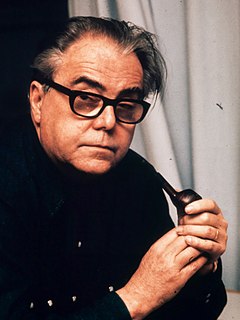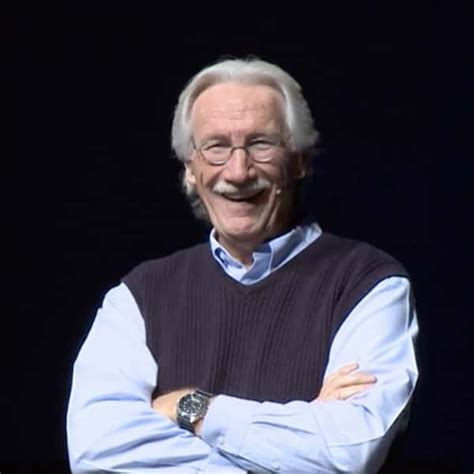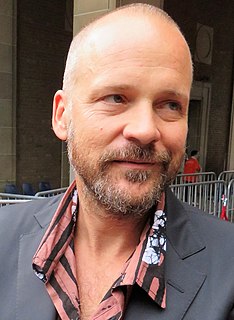A Quote by Charles Simeon
Our holiness is an effect, not a cause; so long as our eyes are on our own personal whiteness as an end in itself, the thing breaks down.
Related Quotes
All the great masters in the world have been saying only one thing down the centuries, "Have your own mind and have your own individuality. Don't be a part of the crowd; don't be a wheel in the whole mechanism of a vast society. Be individual, on your own. Live life with your own eyes; listen to music with your own ears." But we are not doing anything with our own ears, with our own eyes, with our own minds; everything is being taught, and we are following it.
For what gives value to travel is fear. It breaks down a kind of inner structure we have. Travel robs us of such refuge. Far from our own people, our own language, stripped of all our props, deprived of our masks (one doesn't know the fare on the streetcars, or anything else), we are completely on the surface of ourselves.
I have now lived long enough to know that, whatever our situation, our troubles melt and disappear like frost in the morning sun when we dwell upon our blessings rather than our disappointments. No matter how pessimistic one's view may become of the times and the seasons, we can always fall back on special friendship, on faithful, personal love, and on simple, true dealings in our own personal lives.
Human intellectual progress, such as it has been, results from our long struggle to see things 'as they are,' or in the most universally comprehensible way, and not as projections of our own emotions. Thunder is not a tantrum in the sky, disease is not a divine punishment, and not every death or accident results from witchcraft. What we call the Enlightenment and hold on to only tenuously, by our fingernails, is the slow-dawning understanding that the world is unfolding according to its own inner algorithms of cause and effect, probability and chance, without any regard for human feelings.
What do you know about yourself? What are your stories? The ones you tell yourself, and the ones told by others. All of us begin somewhere. Though I suppose the truth is that we begin more than once; we begin many times. Over and over, we start our own tales, compose our own stories, whether our lives are short or long. Until at last all our beginnings come down to just one end, and the tale of who we are is done.


































